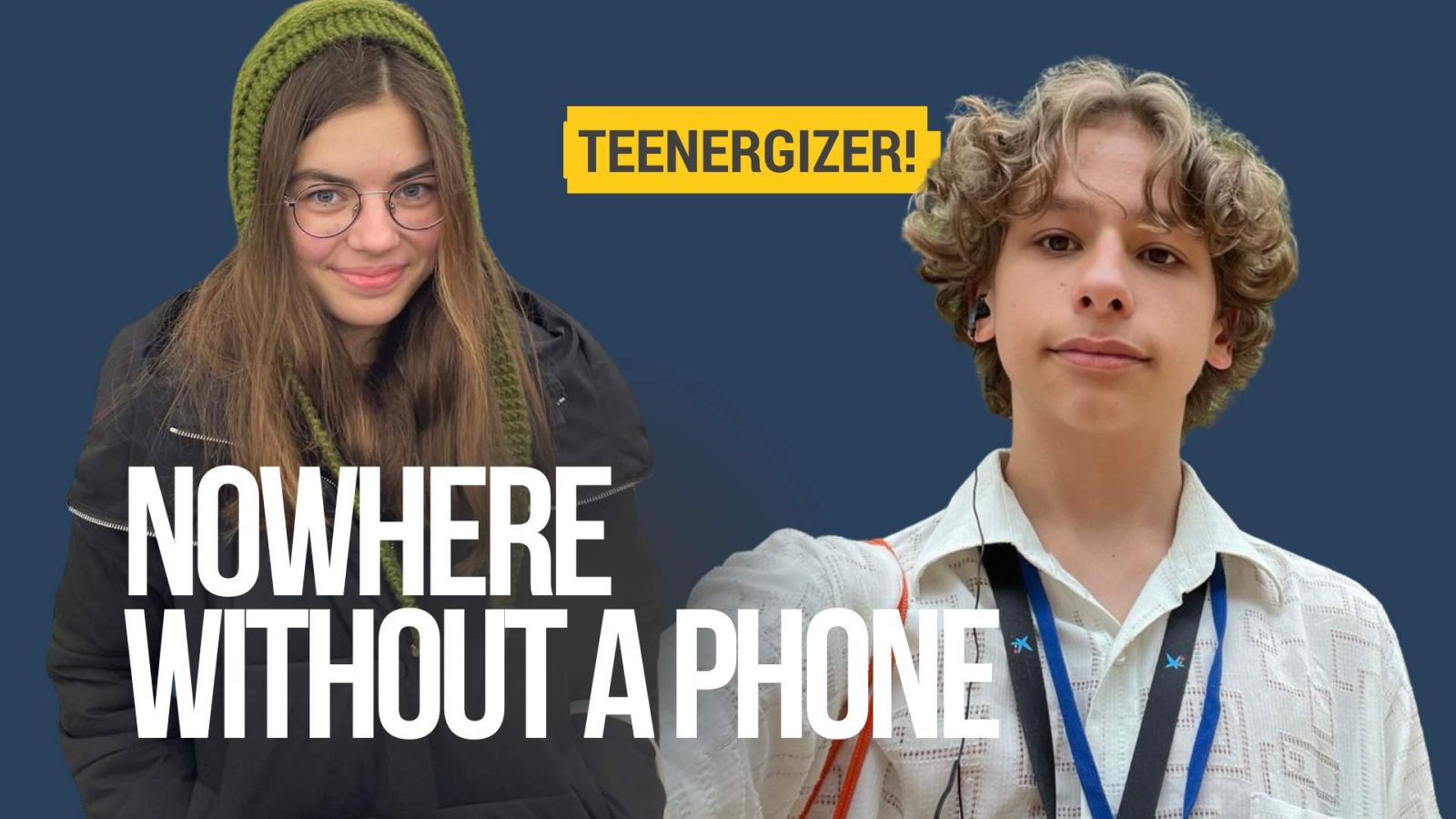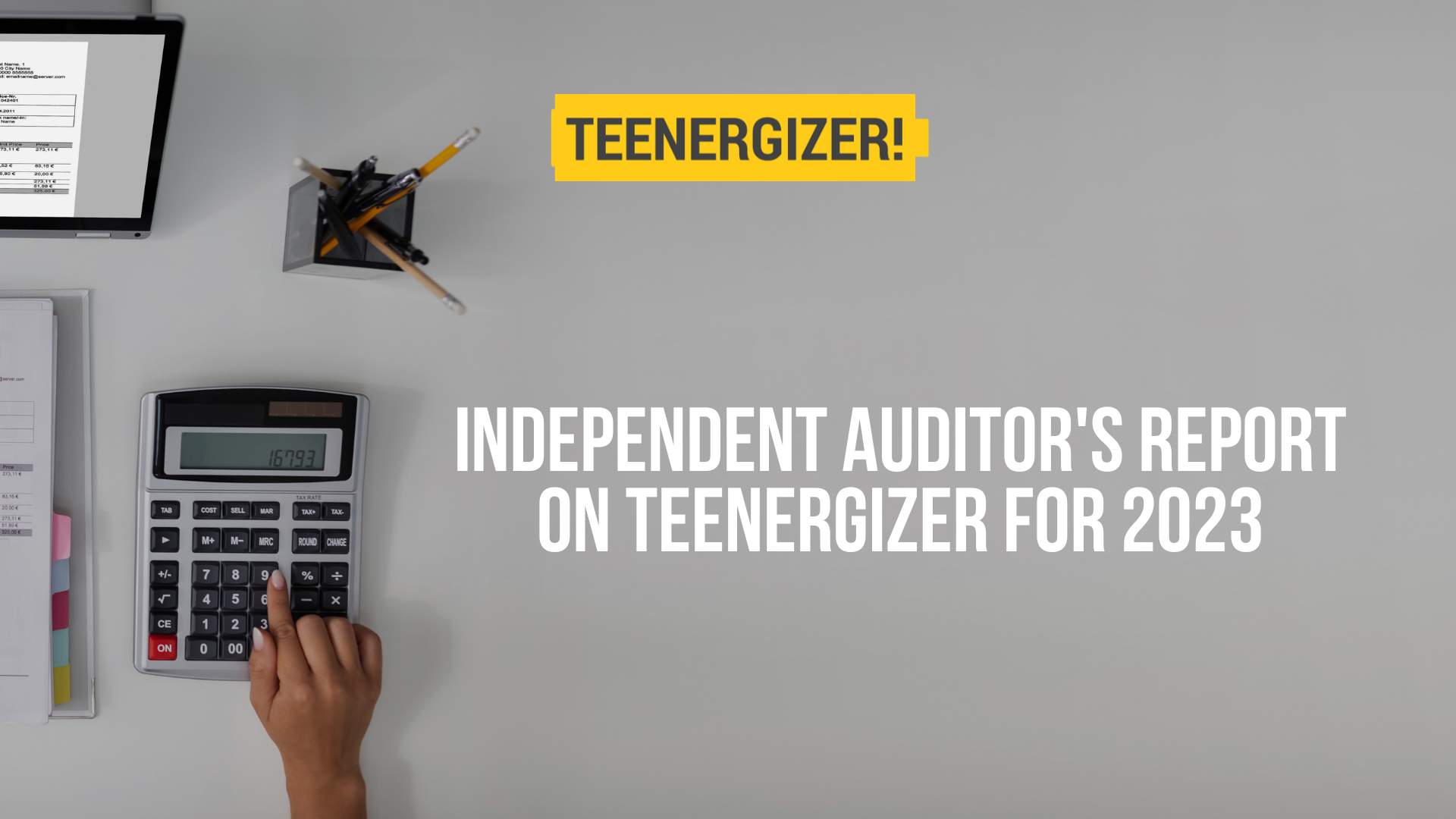Teenergizer leader Yana Panfilova delivered a speech at the SDG17 roundtable at the Palais des Nations at the United Nations headquarters in Geneva, Switzerland.
The main topic of the speech was digital inequality. Due to the war, many adolescents and young people have difficulty accessing the Internet to attend school online, find a job, or even just stay informed.
And due to limited access to online mental health support, hundreds of thousands of young people are forced to seek self-help and self-medication online:
“As a young person born with HIV, leading Teenergizer, I never expected I would ever have to flee my homeland as a refugee. Or if I chose to stay, I would live in fear of being raped, tortured, or killed by Russian invaders – only because I am Ukrainian. And even after the war is over, I fear that it will take years, even decades, for me to recover from these emotional scars. This is the state of mental health for me and for an entire generation of young Ukrainians.
This week Ukraine won its first Oscar for the best documentary film, 20 days in Mariupol. I quote what the director Mstislav Chernov said accepting the award: “I will be the first director on this stage who will say I wish I had never made this film. I wish to be able to exchange this for Russia never attacking Ukraine, never occupying our cities.” These are not the words of just one Ukrainian director. They reflect the anger of an entire generation of Ukrainians.
Every day, Russia continues to kill innocent civilians and spreads false information to justify its atrocities. And amidst all this chaos, there’s another battle raging — the Digital Divide, facing hundreds of millions of young people online around the world. Particularly in the ECE region, young people are growing up in world of tyranny and mental fragility.
Today we focus on SDG17 and the digital divide among adolescents and young people, especially in areas hit hard by wars and conflicts. In war-torn regions like Donetsk and Luhansk, the war has made the digital divide worse. Those most affected are young people who are being denied their right to contribute to and benefit from a safe and inclusive digital environment. Here’s the deal: because of the war, the digital infrastructure has been devastated. The little bandwidth which remains is sucked up by the war. Across Ukraine, normal telecommunication networks, internet access and social media networks are also a battlefield.
Young people still have a hard time getting online to access school online, find jobs, or even just staying informed. In this fragile digital war zone, an entire generation of young people in Ukraine are not able to contribute to closing the digital divide. And it’s not just about bandwidth. Tens of thousands of families were forced out of their homes and out of their country because of the conflict.
That means young people have to switch schools or even miss out on their education altogether. Every day, Ukrainian children are trying to keep up on their school while hiding in bomb shelters. With so many families struggling financially because of the conflict, it’s tough for them to afford things like computers, internet access or a new mobile phone, making the divide even wider. But it’s not just about school and jobs. 10 years into this conflict, the war has a devastating impact on our mental health. And with limited access to access mental health support online, hundreds of thousands of young people are left to explore self help and self treatment online.
Our Ukrainian Teenergizer has worked around the clock to support young people facing many challenges: fear, stigma, and anxiety posed too many threats to youth, including Ukrainian adolescents affected by HIV. We are struggling to keep up with the growing online requests for support, which have grown from 500 requests per month to 9 000 requests per month. We have hired over 400 peer counselors to provide support online, but is still ad hoc and not comprehensive support that these young people deserve.
I am proud of our work. We can only support a small number of the young people who need help now. Who is supporting the hundreds of thousands of young people whose lives are hanging in the balance who we can’t even reach?
This is not just about getting access to the new digital bells and whistles. It is about staying safe online. In conflict zones, there are serious concerns about digital security and privacy. Young people are at risk of things like online harassment and misinformation.
SDG 17 “Partnerships for the Goals,” is a powerful reminder of the efforts required to bridge this divide. Access to technology and digital resources is not a luxury but a fundamental right, especially for the younger generation.
Let us now leave this important round table with more speeches and social media posts.
Let us leave the Palais with an urgent plan to close the digital divide for young people, beginning with those most vulnerable – those in marginalized communities and conflict-affected areas, who still lack access to essential digital tools and resources.”









